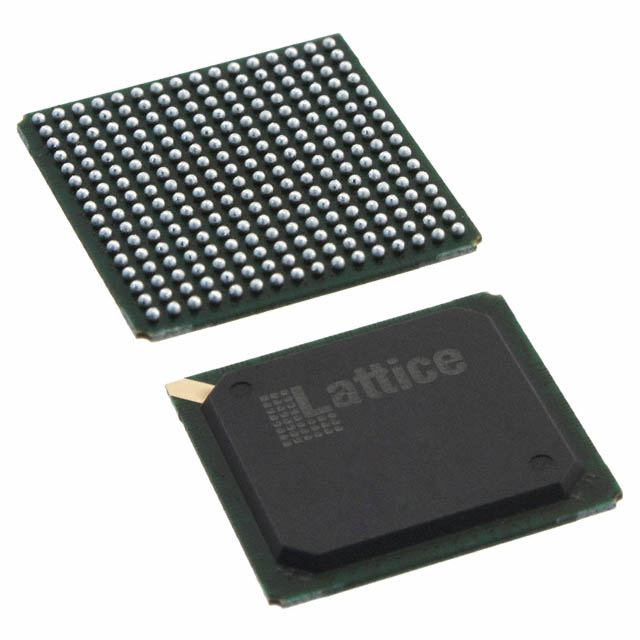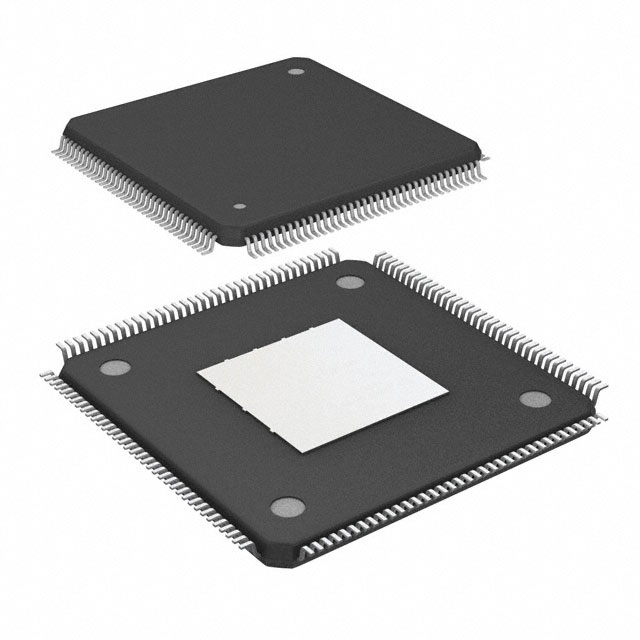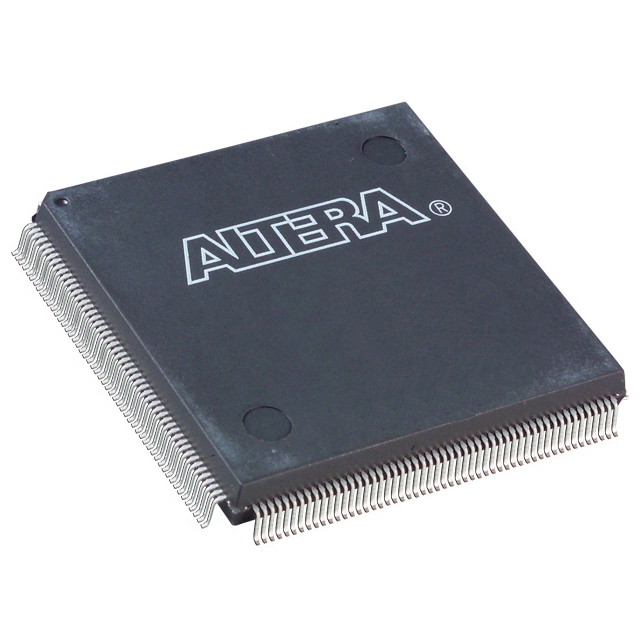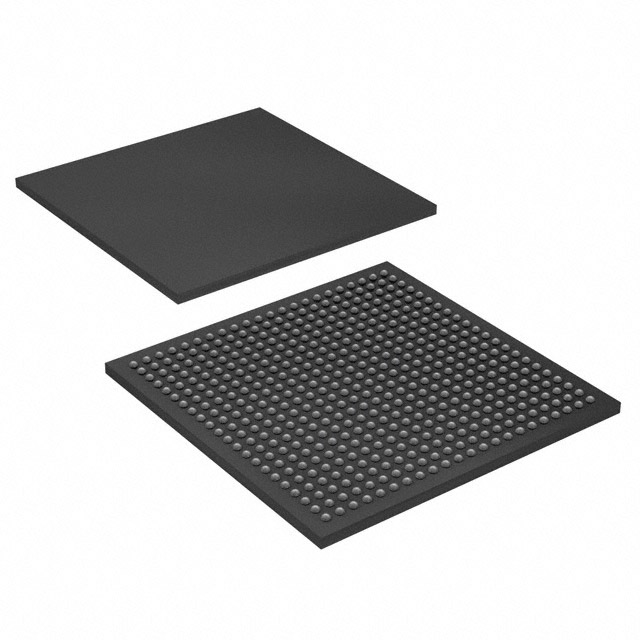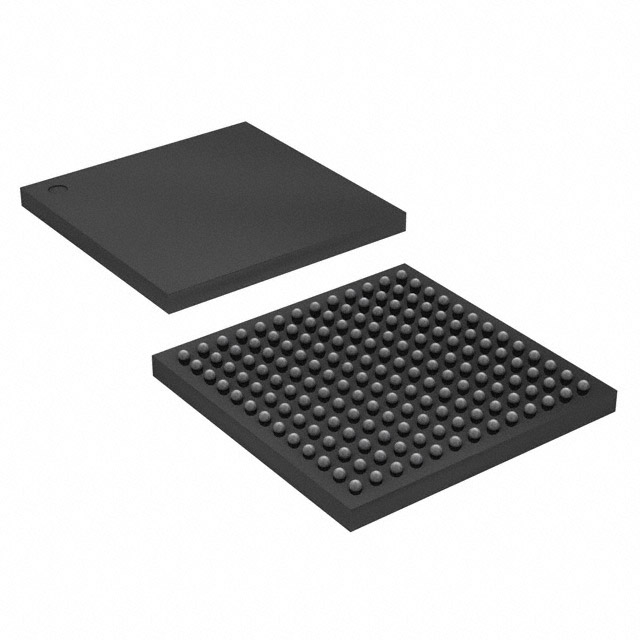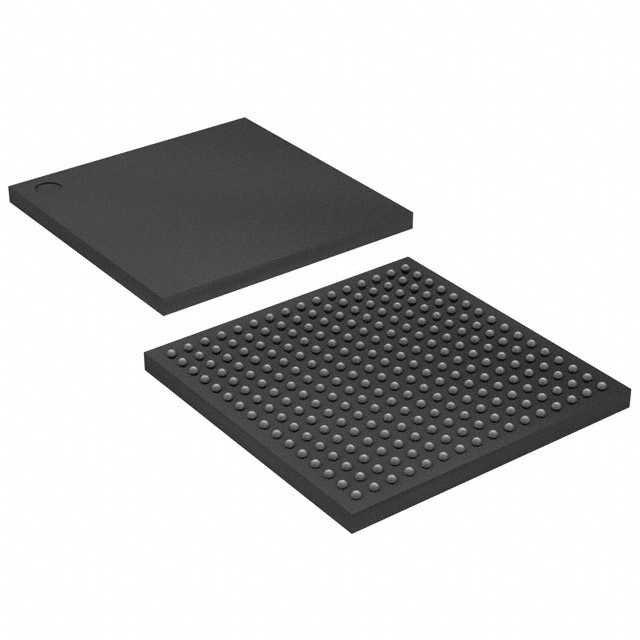In Stock : 0
Please send RFQ , we will respond immediately.









XC5VLX50-2FFG1153I Specifications
-
TypeParameter
-
Supplier Device Package1153-FCBGA (35x35)
-
Package / Case1153-BBGA, FCBGA
-
Operating Temperature-40°C ~ 100°C (TJ)
-
Mounting TypeSurface Mount
-
Voltage - Supply0.95V ~ 1.05V
-
Number of I/O560
-
Total RAM Bits1769472
-
Number of Logic Elements/Cells46080
-
Number of LABs/CLBs3600
-
DigiKey ProgrammableNot Verified
-
PackagingTray
-
Product StatusActive
-
SeriesVirtex®-5 LX
The XC5VLX50-2FFG1153I is a specific model of the Virtex-5 family of Field-Programmable Gate Array (FPGA) integrated circuit chips manufactured by Xilinx. Here are some advantages and application scenarios of this chip:Advantages: 1. High-performance FPGA: The Virtex-5 family of FPGAs, including the XC5VLX50-2FFG1153I, offers high-performance capabilities with a large number of logic cells, high-speed I/Os, and advanced features like embedded memory blocks and DSP slices. 2. Flexible and reprogrammable: FPGAs are programmable devices that can be reconfigured to perform different functions, making them highly flexible for various applications. 3. Customizable hardware: With FPGAs, you can design and implement custom digital circuits in hardware, providing faster and more efficient processing compared to software-based solutions. 4. Parallel processing: FPGAs excel at parallel processing tasks, allowing for high-speed data processing and real-time applications. 5. Integration with other systems: FPGAs can be easily integrated with other components and systems, enabling seamless communication and interaction.Application Scenarios: 1. Digital signal processing (DSP): The XC5VLX50-2FFG1153I FPGA can be used in DSP applications such as audio and video processing, image recognition, and compression/decompression algorithms. 2. High-performance computing: FPGAs are increasingly used in high-performance computing applications, including scientific simulations, data analytics, and machine learning, where parallel processing capabilities are crucial. 3. Communications and networking: FPGAs are used in networking equipment like routers and switches to handle high-speed data processing, packet forwarding, and protocol handling. 4. Aerospace and defense: FPGAs find applications in aerospace and defense systems, including radar signal processing, software-defined radios, avionics, and missile guidance systems. 5. Industrial automation: FPGAs are used in industrial automation for tasks like motor control, robotics, machine vision, and process control. 6. Test and measurement: FPGAs are utilized in test and measurement equipment for tasks like signal generation, protocol testing, and data acquisition.These are just a few examples, and the versatility of FPGAs allows them to be used in a wide range of applications across various industries.

















